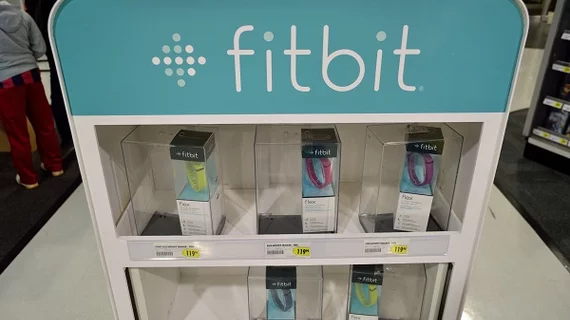DOJ to investigate Google’s $2.1B acquisition of Fitbit
The Department of Justice will probe Google’s $2.1 billion acquisition of wearables company Fitbit, The New York Post reported, citing a source close to the situation.
Google’s parent company, Alphabet, announced plans to acquire Fitbit in November. The DOJ has been cleared to review the proposed acquisition, following a tussle between federal law enforcement and the Federal Trade Commission, which is also seeking authority to investigate the deal, the NY Post reported. Only one antitrust agency reviews a merger after proposals are filed to both the DOJ and FTC.
The merger reviews stem from a concern of Google holding too much private data of users, including health information. The DOJ is already investigating Google for other anti-trust reasons.
Google’s ongoing collaboration with Ascension Health, in which Google receives the health information of tens of millions of patients, is also under scrutiny by HHS.
See the full story below:

